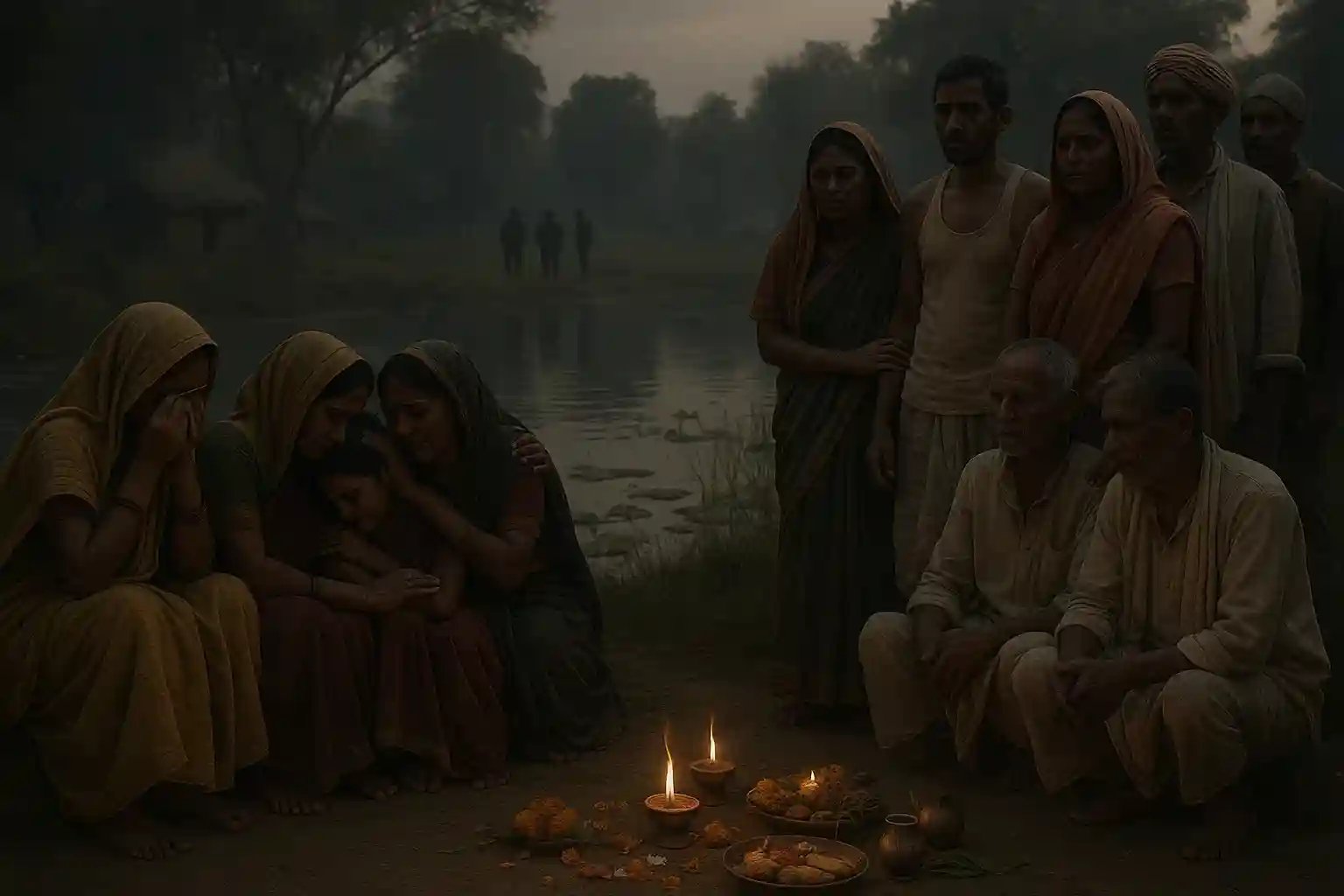Go back to medieval times: Rahul Gandhi Slams New Bill on Removal of Arrested Ministers

"Go back to medieval times": Rahul Gandhi Slams New Bill on Removal of Arrested Ministers
NEW DELHI, India – In a fiery public statement, senior opposition leader Rahul Gandhi has launched a scathing attack on the government's controversial bill concerning the removal of arrested ministers. Calling the proposed legislation a "blow to the foundations of Indian democracy," Gandhi stated that the bill was an undemocratic tool designed to "go back to medieval times," where the rule of law was replaced by the whims of the powerful.
The bill, which proposes a legal framework for the removal of Union and state ministers who have been arrested and detained for a certain period, has become the focal point of a heated political debate. The opposition argues that the bill is not about accountability but is instead a blatant attempt to dismantle political rivals using the power of the central government.
A Threat to the Rule of Law
Addressing a press conference, Gandhi stated that the bill was a direct assault on the principle of "innocent until proven guilty." He argued that it provides the ruling party with a potent weapon to target democratically elected ministers in states governed by rival parties.
"This is not about fighting corruption; this is about consolidating power," Gandhi said. "You arrest a minister on a trumped-up charge, throw them in jail, and now you have a law to get them removed from office. This is what we call 'medieval times,' where there is no due process, no justice, only brute power. This is a disgrace to our Constitution and to our democracy."
Government Defends the Bill as a Move Towards 'Cleaner Politics'
The government has dismissed the criticism as political theatrics, arguing that the bill is a necessary step towards "cleaner politics" and "good governance." A senior minister defended the bill, stating that public morality and accountability demand that elected representatives facing serious criminal charges should not continue to hold public office.
However, the opposition remains unconvinced, pointing out that the vagueness of the bill leaves it open to misuse. With Gandhi's powerful statement, the parliamentary dispute has now spilled into the public sphere, turning the new bill into a litmus test for the health of India's democratic institutions. The political showdown is likely to intensify as the government attempts to push the bill through Parliament.


